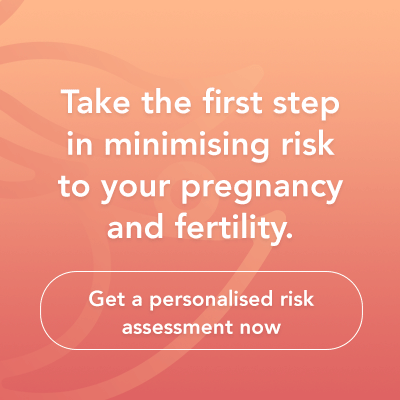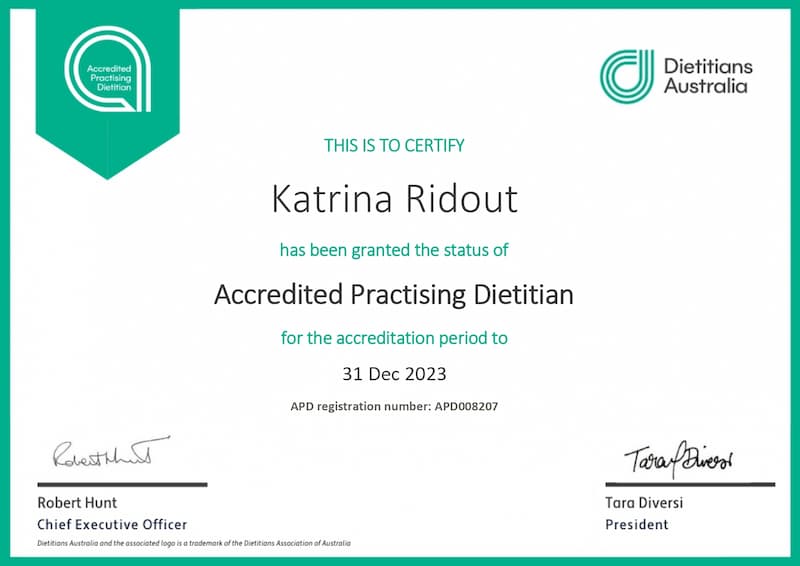
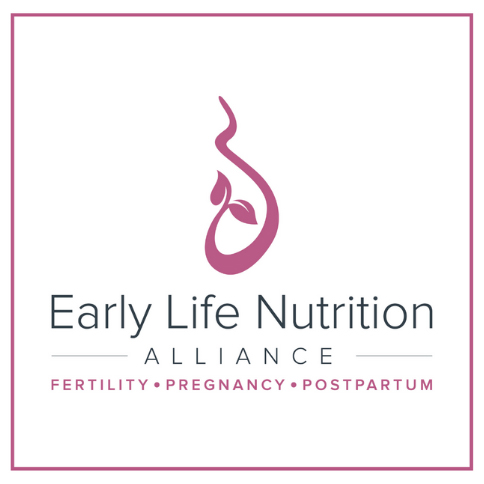
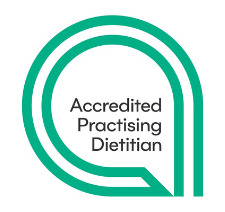
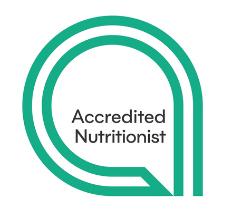
Frequently Asked Questions
What are the nutritional requirements for post pregnancy?
After pregnancy, it’s important to take care of your body by eating a nutritious diet. This can help with healing and provide the energy needed for taking care of your new baby. Some important nutrients to focus on include protein, iron, calcium, vitamin D, and folate. Make sure to eat a variety of foods, including fruits, vegetables, whole grains, and healthy fats. And don’t forget to drink plenty of water to stay hydrated! If you’re not sure where to start, contact Katrina Ridout, a qualified dietitian for personalised advice.
What foods to avoid for postnatal?
To promote healing and prevent discomfort after giving birth, it’s best to avoid or limit caffeine, alcohol, spicy or gas-producing foods, processed or high-fat foods, and raw or undercooked meat. However, if you have any concerns about your diet or how to get the nutrients you need, seek advice from a fully qualified dietitian, Katrina Ridout. She can provide personalised advice and help you develop a healthy eating plan.
What vitamins are good for postnatal?
Vitamins that are important for postnatal include vitamin D, iron, calcium, vitamin C, and B vitamins. These vitamins are essential for healing and supporting the immune system, bone health, and energy metabolism. The best way to get these vitamins is through a balanced and varied diet that includes a variety of nutrient-dense foods. If you’re unsure about whether you’re getting enough vitamins, talk to your healthcare provider or a registered dietitian like Katrina Ridout for personalised advice.
Does my diet need to change much from pregnancy to breastfeeding?
When transitioning from pregnancy to breastfeeding, your diet may need some adjustments. You’ll need to consume more calories (around 300–500 extra per day), focus on nutrient-rich foods, stay hydrated, continue taking prenatal vitamins, include omega-3 fatty acids, limit substances like caffeine and alcohol, and monitor for any food sensitivities in your baby. It’s advisable to consult a healthcare professional for personalised advice.
Are there any foods that help regulate blood pressure?
Yes, there are several foods that can help regulate blood pressure. Here are some examples:
● Leafy greens: Vegetables like spinach, kale, and Swiss chard are rich in potassium, which helps lower blood pressure. Aim to include these greens regularly in your diet.
● Berries: Berries, such as strawberries, blueberries, and raspberries, are high in antioxidants and flavonoids, which have been associated with lower blood pressure.
● Oats: Oats and oatmeal are good sources of fibre and have been found to have a positive impact on blood pressure. They can be a healthy breakfast option.
● Bananas: Bananas are another potassium-rich fruit that can help regulate blood pressure. They are also convenient and easy to incorporate into your diet.
● Greek yoghurt: Greek yoghurt is a good source of calcium and protein, both of which have been linked to healthy blood pressure levels. Choose plain, unsweetened yoghurt to avoid added sugars.
● Garlic: Garlic has been shown to have potential blood pressure-lowering effects. It can be used as a seasoning in various dishes or taken as a supplement (under medical supervision).
● Dark chocolate: Dark chocolate (at least 70% cocoa) in moderate amounts has been associated with lower blood pressure due to its flavonoid content. However, moderation is key due to its calorie and sugar content.
● Fish high in omega-3 fatty acids: Fatty fish like salmon, mackerel, and sardines are excellent sources of omega-3 fatty acids, which have been linked to lower blood pressure. Aim to include fish in your diet regularly.
It’s important to note that while these foods may have a positive impact on blood pressure, they should be part of an overall healthy and balanced diet. If you have high blood pressure or any
specific dietary concerns, it’s recommended to consult with a healthcare professional or registered dietitian for personalised advice.
What are some quick and healthy snacks for when the munchies take hold while breastfeeding?
When the munchies strike while breastfeeding, it’s important to have quick and healthy snacks on hand. Here are some ideas:
● Fresh fruit: Grab a piece of whole fruit like apples, oranges, bananas, or grapes. They provide natural sweetness and are packed with vitamins and fibre.
● Greek yoghurt: Choose plain Greek yoghurt and add a drizzle of honey or a handful of berries for added flavour. It’s a good source of protein and calcium.
● Nuts and seeds: A handful of almonds, walnuts, or pumpkin seeds can provide a satisfying crunch and healthy fats. They’re a good source of nutrients and can keep you feeling full.
● Baby carrots and hummus: Pre-cut baby carrots with a side of hummus make for a nutritious and crunchy snack. Hummus is a good source of protein and fibre.
● Rice cakes or whole-grain crackers with nut butter: Spread some natural nut butter like almond or peanut butter on rice cakes or whole-grain crackers for a balanced and filling snack.
● Veggie sticks with dip: Cut up fresh vegetables like bell peppers, cucumbers, and cherry tomatoes and pair them with a healthy dip such as Greek yoghurt-based ranch or tzatziki.
● Hard-boiled eggs: Prepare a few hard-boiled eggs in advance for a quick and protein-packed snack. They’re easy to grab and provide essential nutrients.
● Smoothies: Blend fruits, leafy greens, Greek yoghurt, and a liquid of your choice (water, milk, or plant-based milk) to make a refreshing and nutrient-rich smoothie.
Remember to stay hydrated by having a glass of water or herbal tea alongside your snack. These snack ideas are just a starting point, and you can mix and match them according to your preferences and dietary needs.
